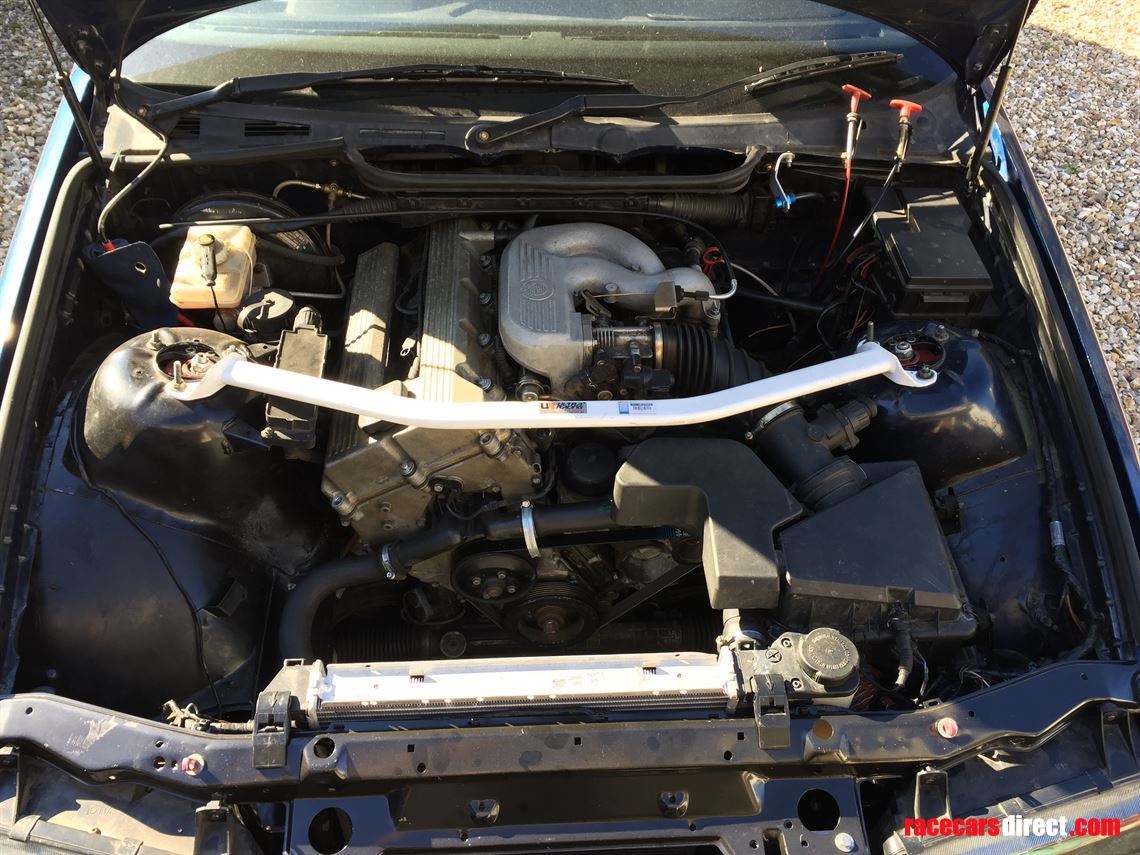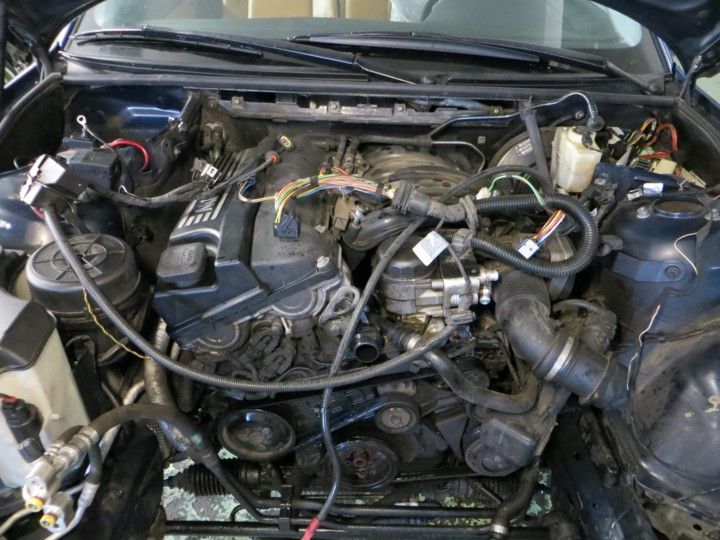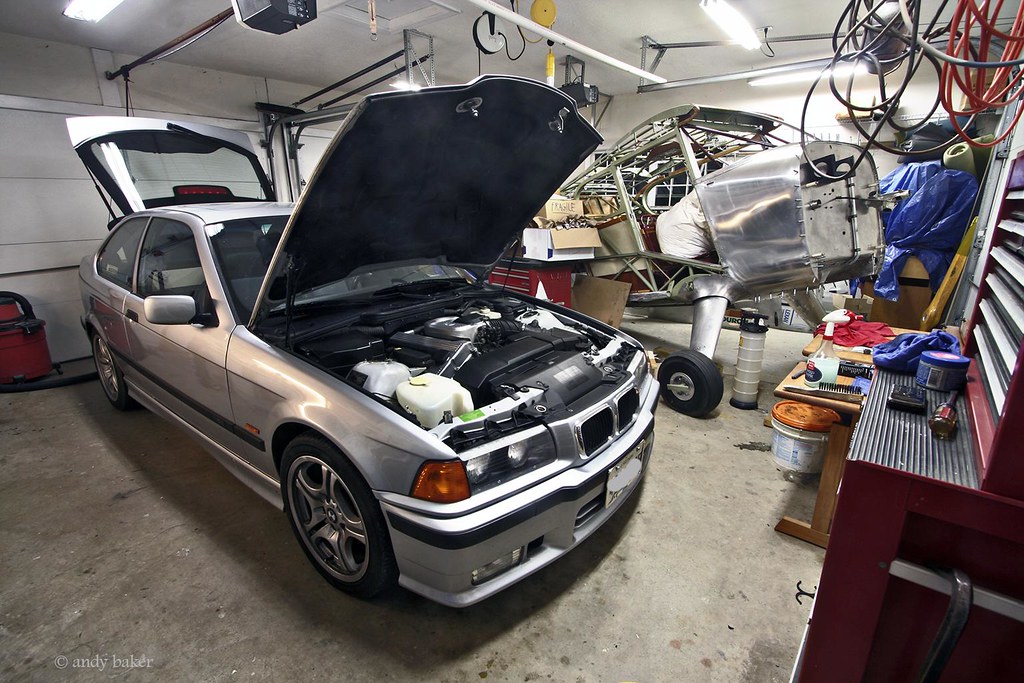Vital Elements to Examine Before Purchasing an Engine for Optimal Functionality
From engine power and performance to fuel effectiveness and maintenance considerations, each variable plays a pivotal role in figuring out the engine's viability for a particular application. Compatibility with existing vehicle systems and available guarantee and support choices can considerably impact the long-lasting efficiency and cost-effectiveness of the engine.
Engine Power and Efficiency
When taking into consideration engine power and efficiency, it is critical to assess the certain needs of the intended usage to guarantee optimal effectiveness and efficiency. The power output of an engine straight influences its efficiency abilities, influencing aspects such as acceleration, lugging capability, and total functional stamina. Understanding the needs of the application is necessary in determining the appropriate balance of power and efficiency characteristics.
Engine power is normally gauged in systems such as horse power (hp) or kilowatts (kW), showing the quantity of job the engine can execute gradually. Greater power scores normally cause better acceleration and full throttle, making them ideal for applications needing quick responsiveness or durable tasks. It is important to match the engine's power output to the certain requirements of the meant usage to avoid inefficiencies or unnecessary strain on the machinery.
Additionally, engine efficiency includes a variety of aspects beyond simply power, including gas efficiency, emissions regulate, and reliability - bmw 318ti. Assessing these aspects along with power considerations is important for making certain that the engine not only provides the needed toughness however also operates sustainably and durably in its desired setting
Fuel Effectiveness and Consumption
Considering the critical duty of engine performance in identifying its viability for numerous applications, the assessment of fuel performance and intake becomes extremely important in maximizing functional expenses and environmental effect. Fuel performance refers to the engine's ability to convert gas right into useful energy efficiently. It directly impacts functional expenses, making it a crucial factor to think about prior to purchasing an engine. Engines with higher fuel effectiveness can lower general expenditures and decrease the environmental footprint by lessening discharges.
When assessing gas consumption, it is necessary to examine the engine's specific metrics, such as gallons of gas consumed per hour or miles per gallon, depending on the application. Recognizing exactly how much fuel an engine eats under different operating problems can aid prepare for lasting expenses and prepare for effective fuel management techniques.
Furthermore, innovations in engine innovation, such as crossbreed systems or gas shot improvements, can significantly improve gas performance and lower usage. Focusing on engines with remarkable fuel effectiveness and lower intake rates can lead to substantial financial savings and advertise sustainability in numerous sectors.
Compatibility With Lorry Systems
Making sure seamless combination and optimal efficiency, the compatibility of an engine with vehicle systems is a pivotal variable to assess before purchasing decision. The engine functions as the heart of a vehicle, and its capability to function harmoniously with the different systems within the vehicle is critical for total functionality.
Compatibility encompasses an array of facets, consisting of electrical systems, transmission systems, and exhaust systems. An engine that is not suitable with these important parts can cause issues such as electrical malfunctions, ineffective power transfer, and increased emissions.
Additionally, compatibility with onboard computer systems is essential for contemporary cars. The engine has to have the ability to connect efficiently with the lorry's computer to make certain proper performance monitoring and diagnostics.

Maintenance and Durability Considerations

Longevity considerations additionally involve reviewing the engine's layout, innovation, and compatibility with the vehicle to guarantee optimum efficiency throughout its life expectancy - bmw 318ti. Engines with advanced attributes like reliable cooling systems, resilient parts, and fuel-efficient styles have a tendency to have much better long life and call for less repair services. By prioritizing upkeep and choosing an engine recognized for its long life, customers can make an educated decision that improves their automobile's efficiency and overall driving experience
Warranty and Assistance Choices
Given the vital role of maintenance and durability factors to consider in choosing an engine, a sensible buyer must currently concentrate on assessing the offered warranty and assistance choices. The service warranty provided with an engine can differ dramatically in between makers and models.
Assistance services can vary from technical assistance hotlines to on-site maintenance and fixing solutions. A strong support system can substantially reduce downtime in case of engine failure or problems, eventually saving time and money.

Final Thought
To conclude, when acquiring an engine, it is essential to assess its power, gas effectiveness, compatibility with car systems, maintenance demands, longevity, and service warranty alternatives. These essential facets play a substantial role in figuring out the optimum functionality of the engine. By thoroughly taking into consideration these aspects, buyers can make sure that they are buying an engine that fulfills their needs and delivers trustworthy efficiency in the lengthy run.
From engine power and performance to sustain performance and maintenance considerations, each element plays a pivotal role in determining the engine's suitability for a particular application.Engine power is normally determined in units such as horse power (hp) or kilowatts (kW), indicating the amount of my link job the engine can do over time.Thinking about the crucial duty of engine performance in identifying its viability for various applications, the analysis of gas performance and intake ends up being paramount in enhancing functional expenses and ecological impact. Gas performance refers to the engine's capability to transform fuel right into useful energy properly. In addition, considering the top quality of materials and building and construction of the engine is important as it can directly influence resilience and just how well the engine holds Read More Here up against wear and tear over time.